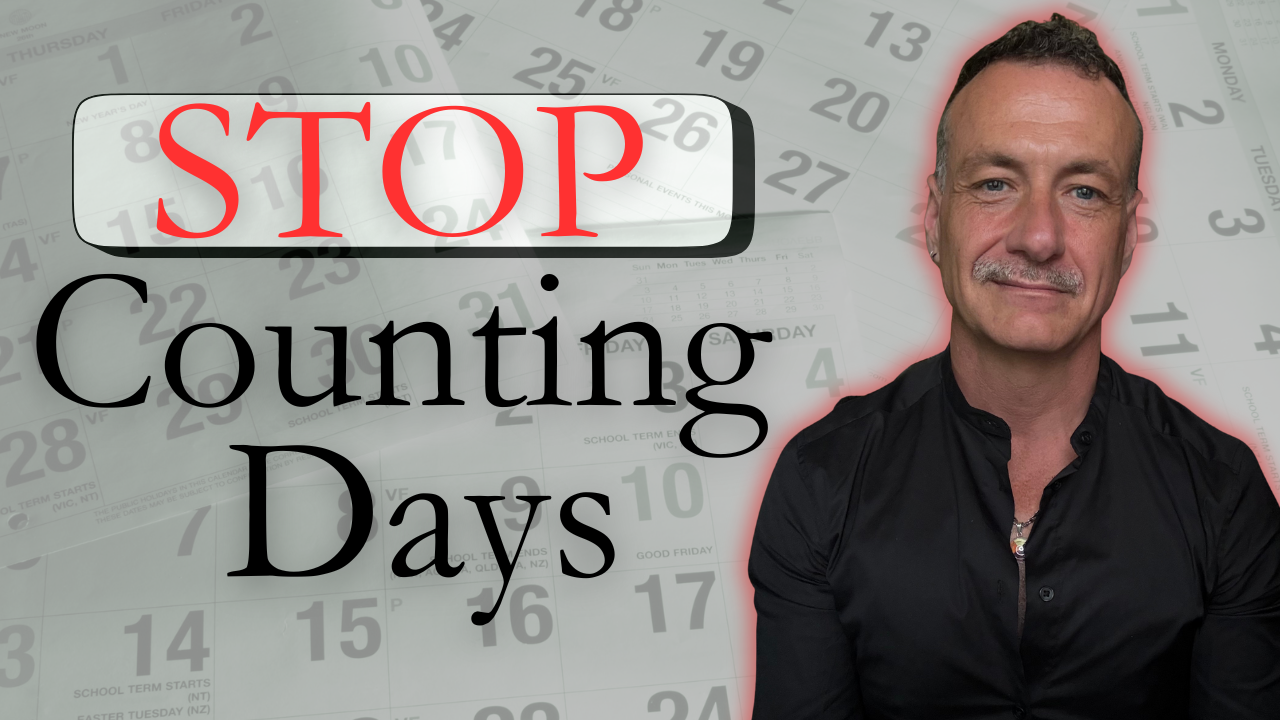Stop Counting Days (Track This Instead)

Hey y'all,
Let's talk about something that's probably been eating at you.
You used last weekend, and now you're back at Day 1. Again.
That number you've been carefully building—gone. And with it, all the progress you thought you were making. The shame settles in heavy, whispering that familiar lie:
You failed. You're starting over. Nothing you did mattered.
But what if I told you that's complete bullshit?
Here's the truth that traditional recovery culture doesn't want you to know: Abstinence is not the destination. It's a byproduct of a life worth living.
When we obsess over days "clean" (hate that word), we're measuring the wrong thing.
We're letting a single metric—one that sets us up for shame spirals and binary thinking—define our entire recovery journey. And brothers, we deserve so much more than that.
The Problem with Day Counters
Think about what happens when you relapse and your counter goes back to zero. Suddenly, the three months where you:
- Started therapy and learned to identify your triggers
- Rebuilt trust with your family
- Showed up for work consistently
- Actually felt emotions instead of numbing them
- Learned what your body feels like without constant chemical interference
All of that gets erased in your mind because of a number reset.
This binary thinking creates an all-or-nothing framework where you're either "clean" or you've "thrown it all away." There's no room for the messy, nonlinear reality of actual human transformation.
What Carl Jung Knew About Real Transformation
Carl Jung, one of psychology's pioneers, understood something profound: human wellness cannot be measured by a single metric.
While he didn't create a checklist (Jung was too wise for that), his work on individuation and psychological health points us toward a more holistic framework.
Recovery—real recovery—touches every dimension of your life:




